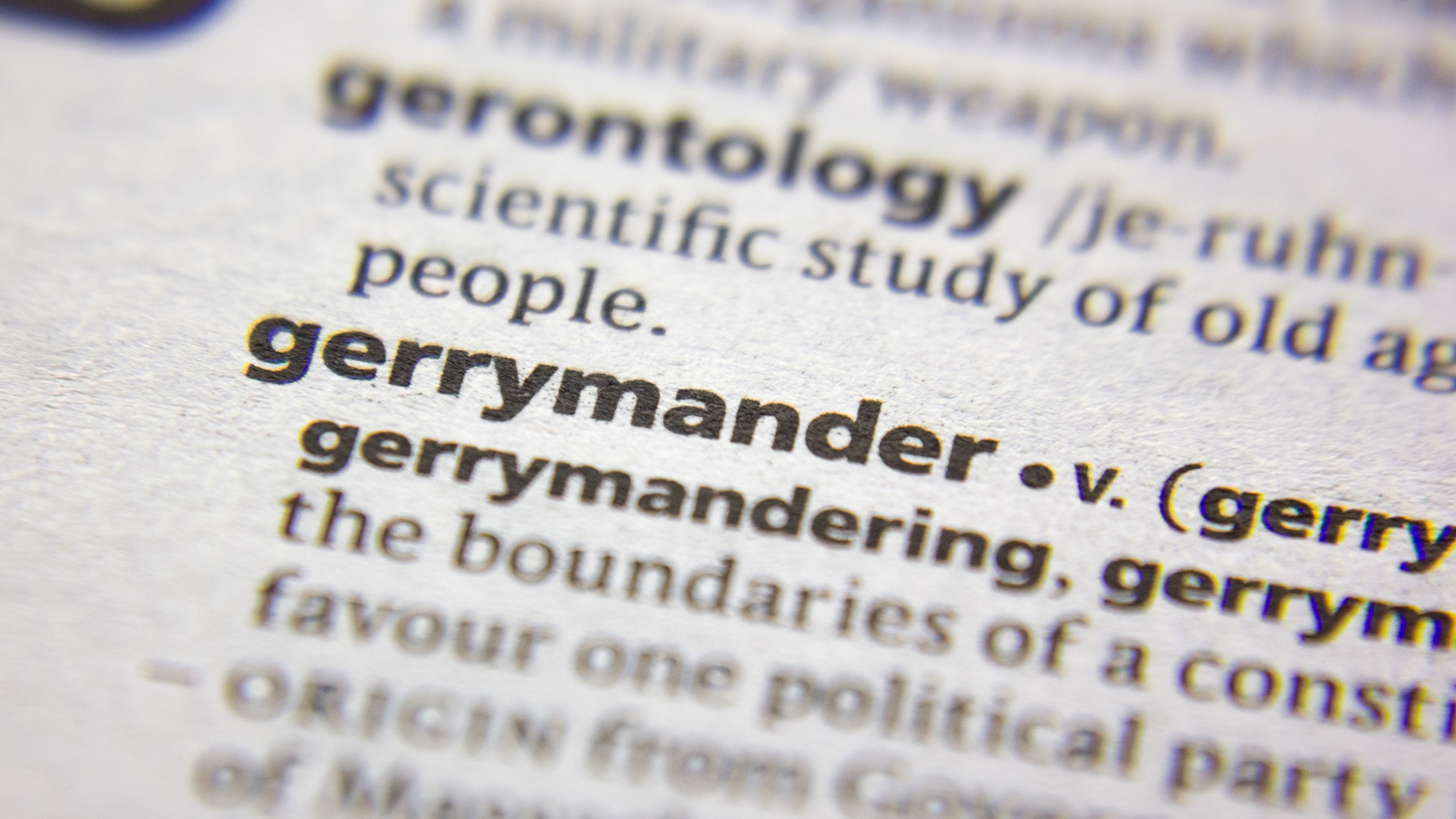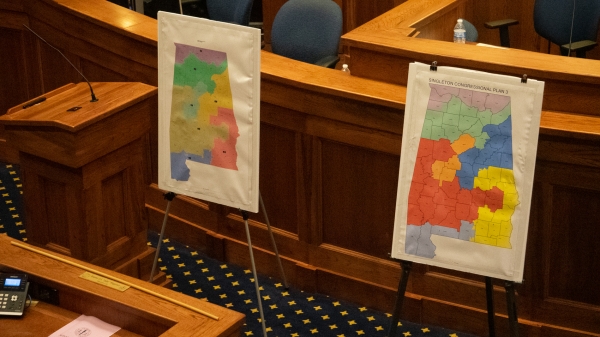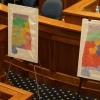The American Civil Liberties Union, the ACLU of Alabama, the NAACP Legal Defense Fund and the Greater Birmingham Ministries in a letter to the Alabama Reapportionment Committee Tuesday reminded members to abide by legal requirements when drafting new redistricting maps.
Gov. Kay Ivey announced last week that state lawmakers will gather in a special session to begin Oct. 28 to address redistricting.
The groups asked that the committee complies with the Voting Rights Act of 1965 and the U.S. Constitution. To do so, the letter reads, committee members must ensure new maps are not drawn with the intent or effect of diluting minority voting strength.
The maps must also comply with the “One Person, One Vote” mandate of the Fourteenth Amendment’s Equal Protection Clause and the nationwide ban on racial discrimination in voting, without using either as a pretext to engage in racial gerrymandering.
New maps must also preserve districts that are compliant with the Voting Rights Act and also consider whether additional effective opportunity districts are required, the letter states.
“Given the significant increase in population numbers amongst communities of color in Alabama, we are sending the Reapportionment Committee this letter as a detailed reminder of their obligation to ensure that the public good is not sacrificed to self-interest and political parties in the redistricting process,” Tish Gotell Faulks, legal director for ACLU of Alabama, said in a statement.
“In the past under preclearance, the Department of Justice filed over 100 objections that changes to Alabama’s voting practices or procedures had violated the Voting Rights Act. This redistricting cycle will be the first without preclearance since the VRA was enacted, so we will be closely watching the Reapportionment Committee to see whether they take heed of our warnings or continue the same patterns of creating racially discriminatory districts,” Faulks continued.
This will be the first redistricting in Alabama without preclearance from the federal government, as previously required under the Voting Rights Act of 1965. A 2013 U.S Supreme Court ruling in the case Shelby County v. Holder nullified the section of the Voting Rights Act which required states with a history of voting discrimination to obtain approval from the federal government before enacting new voting laws.
Among Alabamians reporting only one race, since 2010 the state’s Black population has grown by 3.5 percent while Alabama’s white population shrank by 1 percent, according to the ACLU of Alabama’s research. The state’s Hispanic/Latino population grew by 43.4 percent during that time, and the Asian-American population grew by 43.4 percent.
Kathryn Sadasivan, redistricting counsel for NAACP Legal Defense Fund, said in a statement that Alabama has a long and well-documented history of discriminating against Black voters.
“The Supreme Court in Shelby County v. Holder weakened the Voting Rights Act’s protections in Alabama by enabling election laws and electoral maps proposed by the state to come into effect without any prior determination that the laws will not principally disenfranchise and disempower Black Alabamians,” Sadasivan said. “This has put our democracy at great risk and will require the state to follow federal law without Justice Department oversight. Nevertheless, the Alabama Reapportionment Committee and the entire legislature are obligated to ensure state electoral maps are redrawn to ensure Black Alabamians have a fair opportunity to elect candidates of their choice and participate in the political process.”



















































